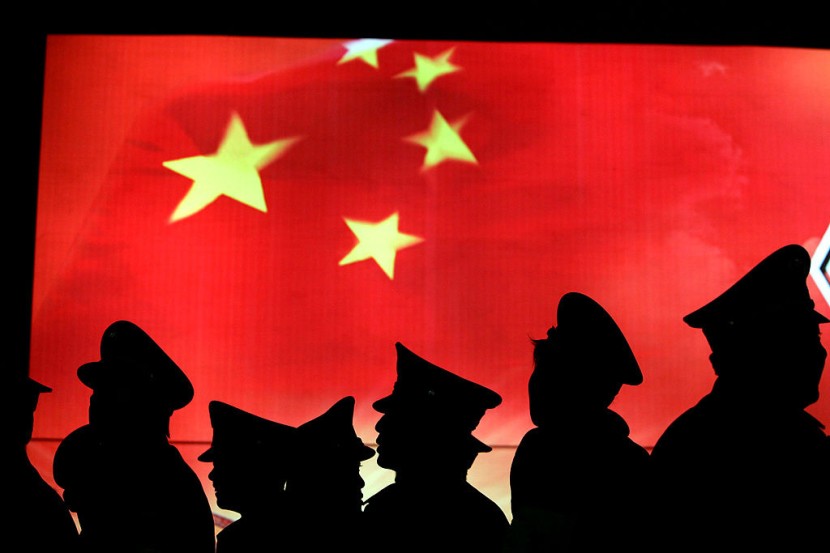Recently, HNGN reported that Taiwan mistakenly issued an air raid alert for the entire island after a Chinese rocket launched into orbit flew over Taiwan.

The erroneous air raid set off a political firestorm on the island due to the launch being just days before the local Taiwanese election.
The president's office of Taiwan reportedly does not believe that the Chinese launch was purposely provocative. However, the opposition did question why the air raid alert was made in the first place. The defense ministry later apologized for the English translation mistakenly mentioning a missile rather than a rocket.
China still considers Taiwan as its territory and Chinese President XI Jinping recently told U.S. President Joe Biden of his intentions to reclaim the island while at a recent summit in San Francisco.
Taiwan has repeatedly accused China of attempting to interfere in its elections, disrupt its economy, and subvert its military in the past. The Taiwanese ruling party's presidential candidate and current Vice President, Lai Ching-te, reportedly backed the Taiwan defense ministry's publication of a graphic illustrating the flight path of the satellite over southern Taiwan.
The rocket was reportedly carrying a satellite called the Einstein Probe.
"This information was based on the people's right to know, and to not let the public misunderstand. At the same time, if any wreckage is discovered then it could be handed over to the relevant authorities. This is something that should be done," he reportedly said during campaigning on Wednesday.
China's Taiwan Affairs Office said in a written response to Reuters on Wednesday that the satellite launch was a regular annual arrangement and had "nothing to do with the Taiwan election."
Astrophysicist Jonathan McDowell reportedly told Reuters that the first stage of the rocket landed well within mainland China's borders while the second stage was in orbit so high that it was parallel to that of the International Space Station. "It was far up in space and indeed entered orbit well before crossing the coast of mainland China. So I think this is an overreaction by Taiwan. Satellites fly over Taiwan every day," he said.
Last week, several Chinese balloons were spotted in Taiwanese airspace as well.
© 2025 HNGN, All rights reserved. Do not reproduce without permission.








